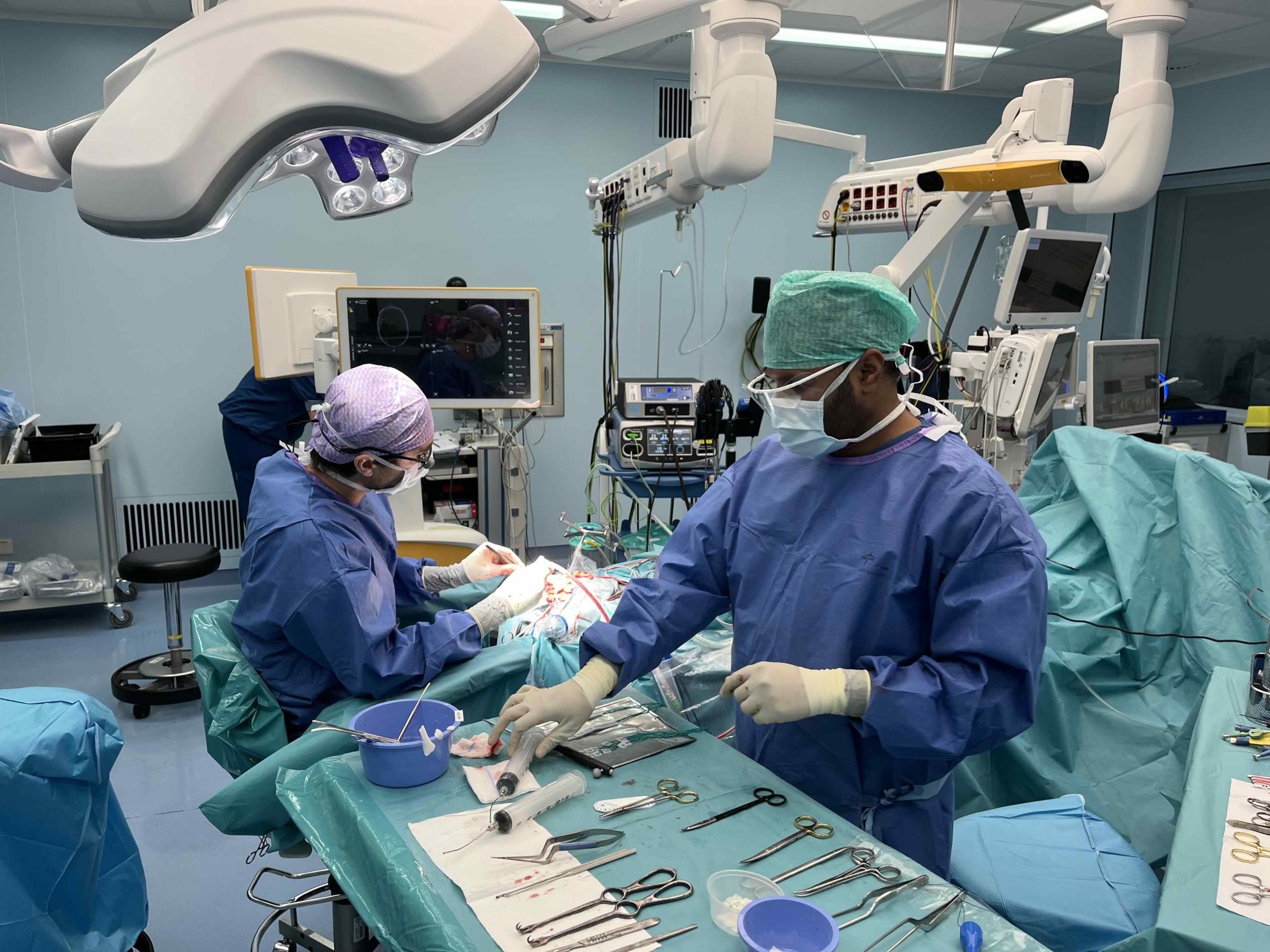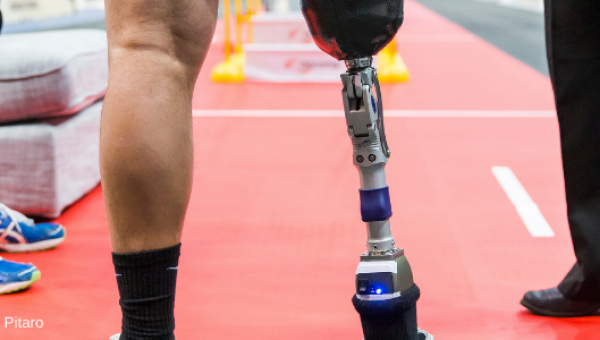Geneva start-up invents revolutionary brain interface

Neurosoft's soft and stretchable brain interface sets a record for the most electrodes tested in a human brain.
A new ultra-soft brain interface promises safer epilepsy surgery. Successful initial trials mark a major step forward in neurotechnology.
Brain surgery requires extreme precision from the neurosurgeon and his or her team, and a deep understanding of brain tissue. A novel brain signal recording device, developed by Geneva-based start-up Neurosoft Bioelectronics, is designed to detect key biomarkers of epilepsy during such operations. This is made possible by a flexible plastic sheet with 64 detection channels that is so thin that it can be inserted into the brain without causing damage.
Distinguishing between healthy and epileptic tissue
Following years of research at Campus Biotech, the material is 1,000 to 100,000 times softer than conventional electrodes. Once placed in the brain's subdural space, the electrodes generated high-resolution neural recordings during surgery, helping neurosurgeons to distinguish between healthy and epileptic tissue more accurately, thus reducing the risk of removing too much or too little tissue.
First successful patient trials
In February, the research team reached a major milestone with the successful testing of two surgical procedures to alleviate epilepsy in patients at the University Medical Center (UMC) in Utrecht. According to the press release, these first two successful trials mark the beginning of a larger 12-patient study at UMC Utrecht to validate the technology for broader clinical use. The ultimate goal is to obtain European regulatory approval and make this high-resolution technology available to epilepsy surgery centres across Europe.

The operating theatre where the brain interface was successfully tested at UMC Utrecht.
Great potential for epileptic surgeries
The potential is huge: according to the WHO, 50 million people worldwide suffer from epilepsy. The first line of treatment is medication, which works for about two-thirds of patients. However, one third do not respond to medication. For these people, surgery is the only option. The flexible brain interface makes it possible to determine exactly which part of the brain is affected by epilepsy, so that it can be removed if it does not affect important functions.
Next challenge: addressing severe tinnitus
At the same time, researchers are working on another important problem: tinnitus. A fully implantable brain-computer interface addresses the problem of severe tinnitus. The minimally invasive system provides a closed-loop neurofeedback mechanism that directly targets key brain regions involved in tinnitus to address the underlying mechanisms and reduce tinnitus perception. Early clinical studies have shown significantly better results than other treatments.




